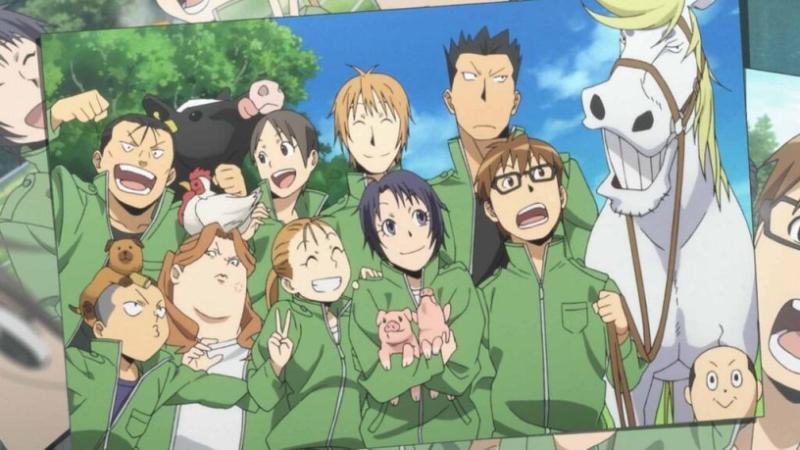
Yuugo Hachiken enrolls in an agriculture school to escape the demands of his strict father. Being a city-kid, he has no idea what he’s getting into. Silver Spoon traces Hachiken’s change a from nerdy, brooding spaz to a somewhat more mature person. I say somewhat because he fits squarely in what I call the annoyingly impulsive protagonist. He’s earnest, which draws people to him, and kind, but phew, he is full of emotional outbursts and fits of impulsive stupidity for being a supposedly smart character. As the story progresses, he does little to improve in that regard. The story even acknowledges it as “teenage boy drama.” But aside from his meatheadedness, the story focuses on the challenges of farm life from helping cows birth calves to butchering pigs to cheese making.
Hachiken eventually moves from a people pleasing yes-man to having a desire to focus on helping his closest friend and love-interest Aki Mikage. Friendship plays a central role in the story as Hachiken develops his first true friendships with his fellow farm-students. Hachiken takes time to understand that friendship isn’t a transactional relationship. Everyone on the farm wants each other succeed and so share their knowledge, help, time, and food freely. Even the upper-classmen randomly hold grilling events for everyone in the area. And all they want is their produce, whether it is meat or veggie, to be appreciated by someone. Silver Spoon doesn’t play on country-simpleness, however. Each of Hachiken’s friends have their own struggles and concerns, such as farm debt, that they keep to themselves. In fact, the anime shows that best friends are those that willingly share your worries. Hachiken, in an effort to prove himself worthy of their friendship, is a busybody in this regard before he settles into sharing Mikage’s burdens and becoming her closest friend.
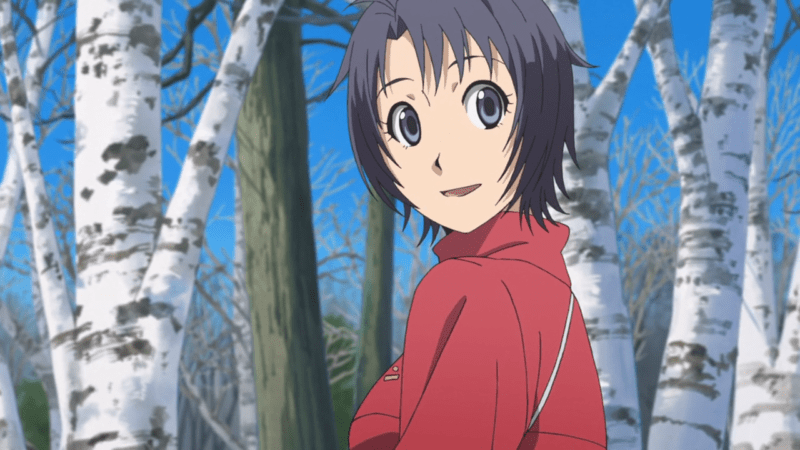
Dreams, life goals, play significant roles in Silver Spoon. Hachiken is troubled by how he doesn’t have a dream while those around him does. All of his new farm-friends apparently have goals they are working toward. However, reality sets in for most of them, hampering or ending their dreams. Hachiken takes reality hard when dreams are crushed, and he goes off on his emotional tirades whenever his farm-friend remains stoic. He rails against reality while his farm-friends accept it. Most are pleased they managed to work toward their life goal, even though they can’t obtain it. That isn’t to say it doesn’t hurt them. Mikage, on the other hand, never worked toward hers. After seeing dreams get crushed under reality, she wants to try for hers. It is better to try and fail than never try at all.
Much of the dynamic in these conflicts comes from Hachiken’s achievement focus. Grades were his life before going to the ag-school. Because of this, failing to achieve a dream, no matter how far-fetched like his friend Komaba’s dream of being a professional baseball player, cuts into him. However, he soon learns the striving is more important than attaining. We need to pay attention to this lesson. Too often we focus on attainment rather than the journey. When we fail to attain, we feel like failures and forget all the benefits of the journey. Striving toward a goal that you fail to reach still allows you to come away with more achievements than if you didn’t strive at all. Throughout Silver Spoon, Hachiken feels as if his life is finished because of a single failure. He comes to compare this to livestock that are sold to the slaughterhouse if they are hurt or fail to perform. However, he realizes that even livestock can have second chances, such as a horse jumping an obstacle in a competition. A single failure doesn’t mark someone forever.
In fact, only through failure can we learn.
Silver Spoon addresses the callousness many people develop. Before Hachiken, the farm students thought little of killing and butchering animals. Hachiken is troubled by this and struggles to eat the meat from these animals. But he realizes a true appreciation for the animal’s sacrifice–and enjoying the flavor of the meat–ensures the death isn’t in vain. His hesitance toward death instills the same respect in his friends, and they grow the appreciate the animal cost of farming even more. That isn’t to say they didn’t care for their animals, but Hachiken broke through the callouses that had built up toward the end result of their animal care.
Silver Spoon made me consider my own relationship with meat. Now, I grew up in a rural town. I hadn’t seen cattle or pigs butchered, but I had seen deer, squirrel, fish, and other critters butchered. However, the supermarket has put distance between us and the animals in ways that disrespect the animal’s death. Americans eat large, unhealthy quantities of meat. This would change if we had to raise and then butcher the animals. At the least, we would gain a deeper appreciation as we see the gang on Silver Spoon achieve.
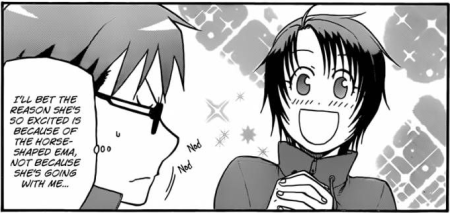
Silver Spoon, unlike many agriculture-anime, doesn’t wear its idyllic goggles. It shows farm work as long and exhausting, debt-troubled and structured. It also shows farm work as friendly, cooperative, and teeming with simple pleasures like farm-fresh pizza.
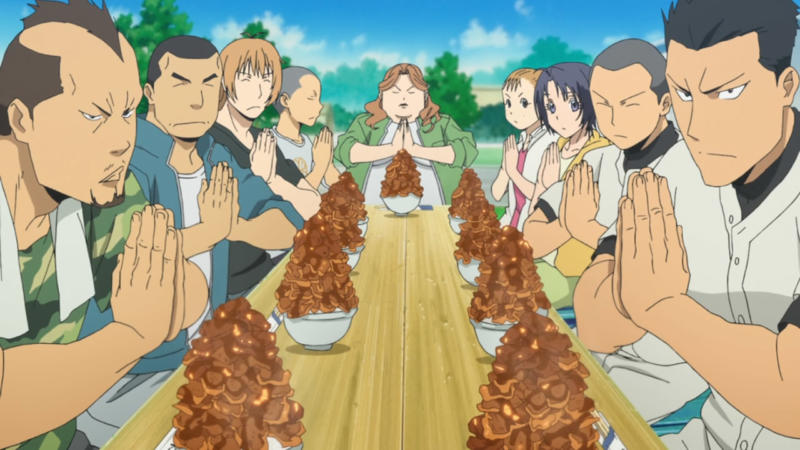
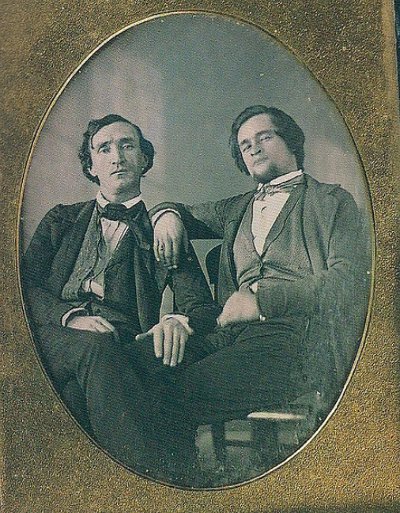
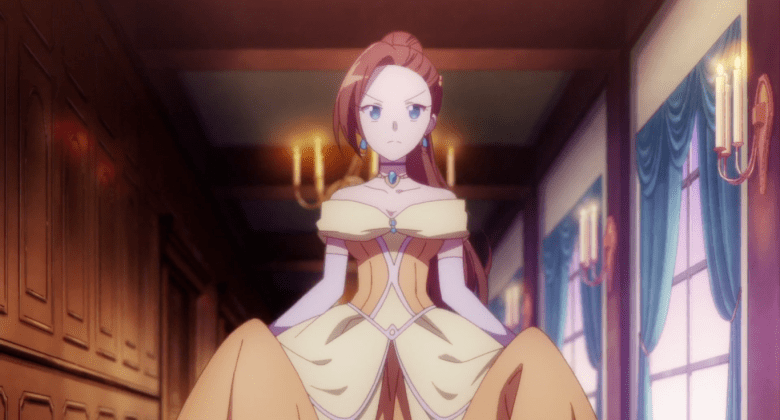
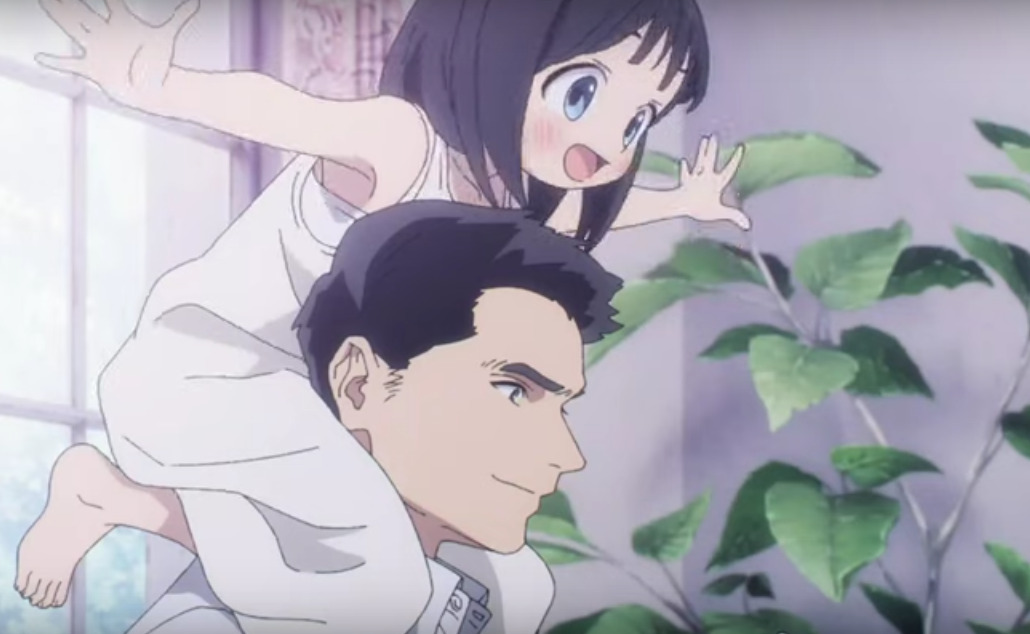
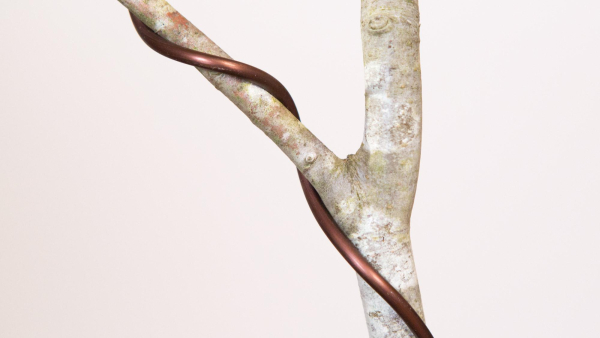
I guess as a vegan I’m going to give a pass to this anime. The cognitive dissonance in sentiments like this “But he realizes a true appreciation for the animal’s sacrifice–and enjoying the flavor of the meat–ensures the death isn’t in vain.” are both sad and hilarious to me. I bet the dead animal is comforted knowing that those who killed it are enjoying the taste of its flesh. Imho it can only be called a sacrifice if one does it willingly, which could be hardly said about the animals – no need to sugarcoat it, they are simply murdered.
I come from a hunting family (although I don’t hunt myself and mostly lean toward vegetarian). I was taught that the death of an animal needs to be respected because it is through that death that you live. And enjoying the food is a part of that respect. The anime shows how troubling meat eating can be for those who raise the animal and then kill it. The troubling feelings are among the reasons why I limit my meat consumption.